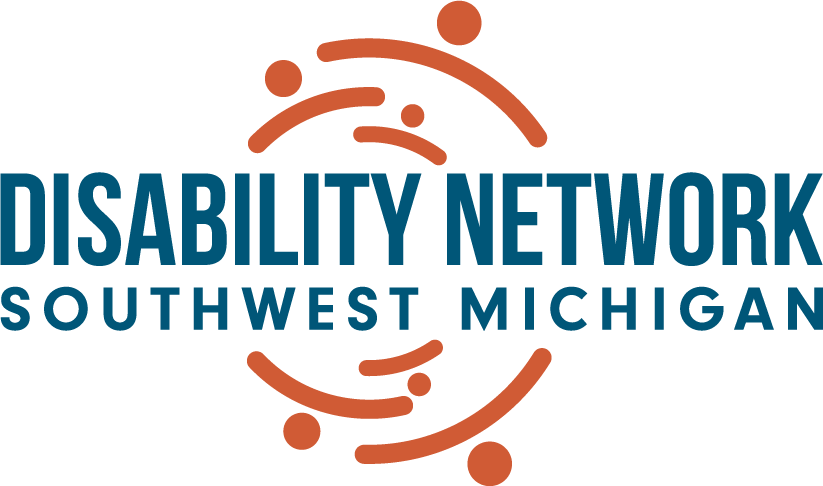The Independent Living Philosophy
As a Center for Independent Living (CIL) we subscribe to a specific philosophy and set of beliefs. They include:
• Disability is best understood by people who experience it.
Centers for Independent Living, including Disability Network, are run by people with disabilities. At least 51% of our Board of Directors and 51% of our staff are people with disabilities. A rallying cry of the early disability rights movement was “Nothing about us, without us!” We live that value today in the expectation that decisions about issues of disability are made by or with people with disabilities.
• Disability is a natural part of the human condition.
Having a disability isn’t inherently good or bad; it just is. Like being female, or short, or Latino, or gay, or left- handed, disability is simply a characteristic. It is society who decides what characteristics are desirable and which ones are less so. This represents a major shift in thinking from a medically-based model of disability to a civil rights model of disability. It runs counter to what mainstream society believes and what is reinforced by the media.
• A disability doesn’t exist until someone encounters a barrier.
We believe that the barrier is the problem; not the individual experiencing the barrier. For example, if a person using a wheelchair encounters a set of stairs in a building and cannot access a second floor, it is the lack of an elevator that is the problem, not the person’s use of a wheelchair. Or if a person with a brain injury who has lost the ability to read asks a retailer to explain the written Merchandise Return Policy and is told “we don’t do that”, the problem isn’t the person’s inability to read; it is the retailer not understanding their responsibility to accommodate customers with disabilities.
• We believe in partnering with people to create change
At the individual level, staff at Disability Network do not believe they know what is best for any particular person. We do know about community resources, what laws protect people with disabilities, how to navigate complicated bureaucracies, and how to access resources. We know how to find information, and how to give people a range of options and explain the consequences of each option.
At the community level, we believe in partnering with others whenever we can to make positive change. We welcome the opportunity to provide training, mediation or technical assistance to a business or service provider before a situation becomes adversarial. However, we can and do step forward to file complaints when there is resistance to complying with the spirit and letter of various disability rights laws.
At a governmental level, we believe in grassroots advocacy to create change. We develop relationships with elected officials to help them understand the disability perspective. We band together with other CILs, other disability advocacy groups, and individuals like YOU who want to make changes at the state level. That means we write letters to Senators and Representatives and the Governor; we meet with them individually; we testify in public hearings at the Capitol. In other words, we have people power! Note that the “we” here means YOU, volunteers and community members with disabilities or a passion for disability issues pushing these changes forward.
The language we use to describe disability is powerful.
Some members of the disability community prefer Person-First Language (“person with a disability”), while others prefer Identity-First Language (“disabled person”). At Disability Network, we respect the preferences of communities and individuals by describing people using the language they like best.
